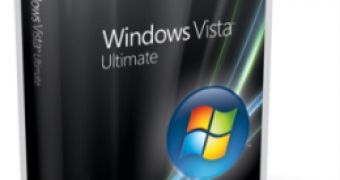I have said this numerous times before, and I stand by it. The Redmond Company is killing older versions of the Windows operating system in order to breathe life into Vista. It is a market strategy designed to gear the consumer toward the latest Microsoft products in close connection with the limited lifecycle support for the company offerings.
This year alone, Microsoft has announced that it will no longer deliver support for Windows 98, Windows 98 Second Edition and Windows ME. Of course that the indisputable start of the Microsoft's support termination is Windows XP Service Pack 1. For Windows 2000, the end of Microsoft mainstream support came in mid 2005.
Microsoft has even pushed the release of Windows XP Service Pack 3 to 2008. But by 2008, XP SP3 will be conditioned by the rate of Windows Vista adoption. It is likely that Microsoft will not release another service pack to XP, as it plans to release Windows Vista Service Pack 1 in 2007 and the next version of the Windows operating system following Vista by the end of 2008.
A look at the percentages on the OS market reveals that older versions of Windows still amount for consistent market shares: Windows 2000 - 5.46%, Windows 98 - 1.90%, Windows ME - 0.91%, Windows 95 - 0.04%. Not only has Microsoft terminated support for all the products mentioned above, but in the course of the company's development process, these versions of the operating system have been overlooked when it comes to aspects of product compatibility.
However, Microsoft's target consumers for Windows Vista are the current users of Windows XP, with the operating system amounting for a market share of 84.95%. If in the other cases, Microsoft killed support, in accordance with the products' lifecycle policies, with Windows XP SP2, the company will move to educate the consumers to upgrade to Vista. Considering the shares on the operating system's market, Microsoft's main rival for Vista is not Apple's Mac but Microsoft itself with the past releases of Windows.

 14 DAY TRIAL //
14 DAY TRIAL //